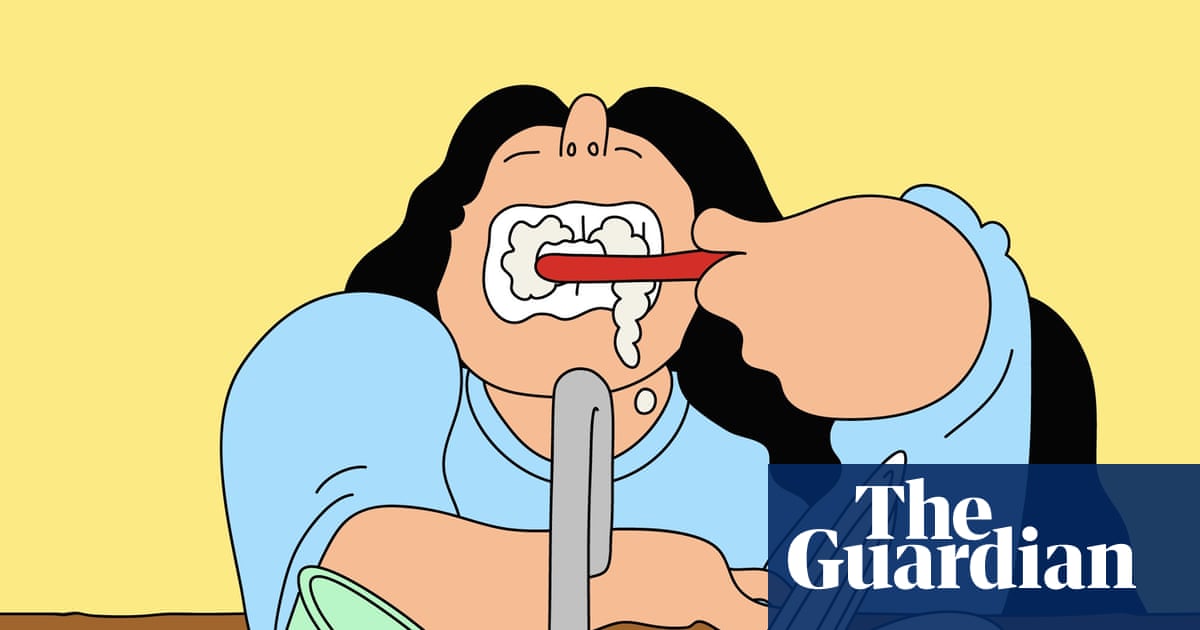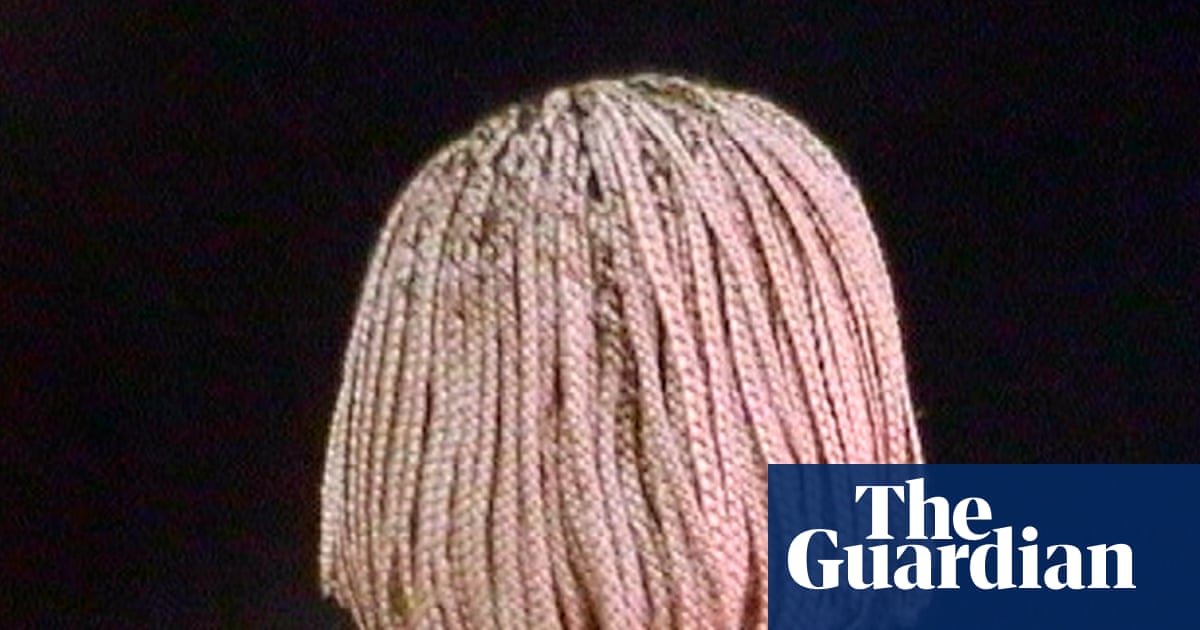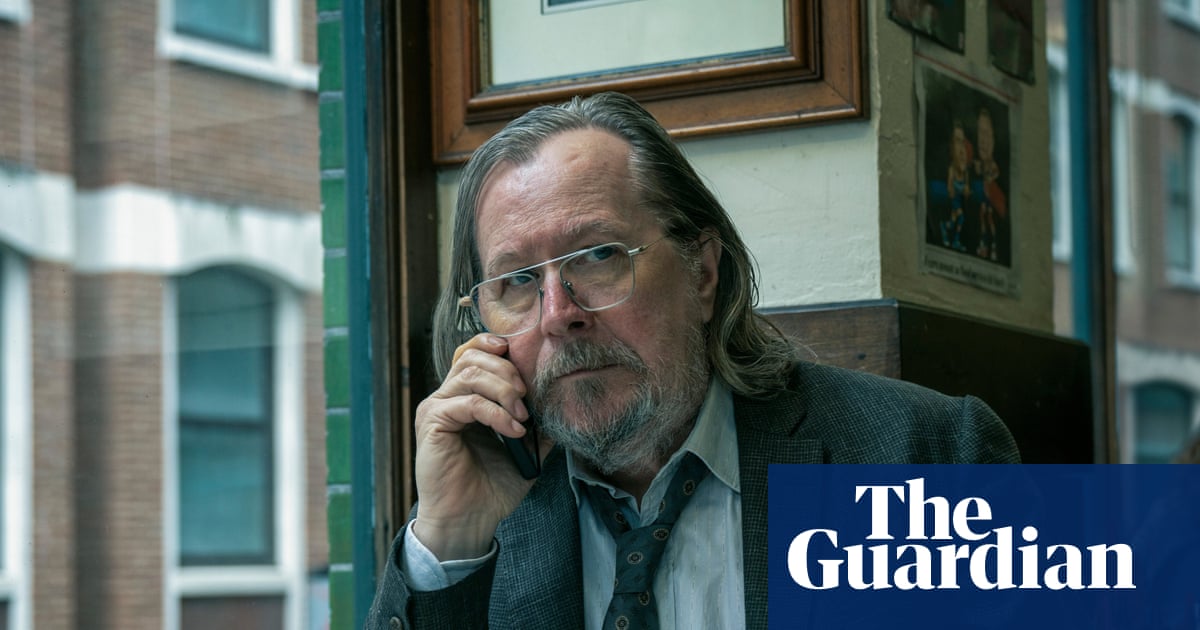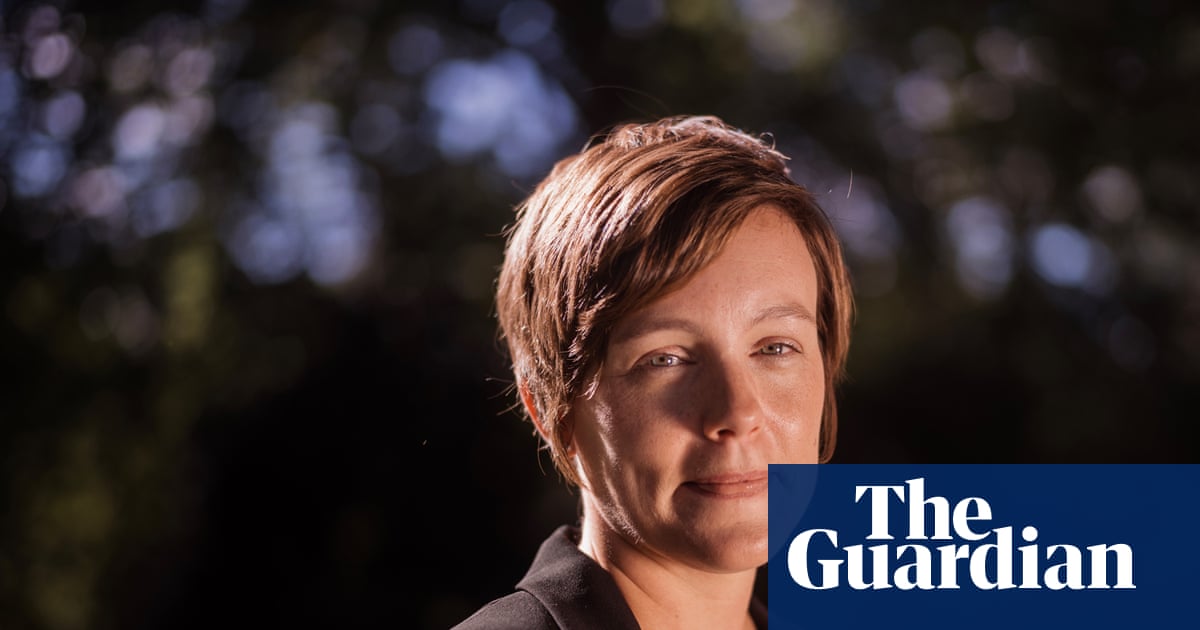A London-based artificial intelligence company, Stability AI, has claimed that a copyright case brought by the global photography agency Getty Images represents an “overt threat” to the generative AI industry.
Getty’s case against Stability AI for copyright and trademark infringement relating to its vast photography archives reached the high court in London on Monday.
Stability allows users to generate images using text prompts, and its directors include James Cameron, the Oscar-winning film director of Avatar and Titanic. But Getty called the people who were training the AI system “a bunch of tech geeks” and claimed they were indifferent to the problems their innovation might create.
Stability countered by alleging that Getty was using “fanciful” legal routes and spending approximately £10m to fight a technology it feared was “an existential threat” to its business.
Getty syndicates the work of about 50,000 photographers to customers in more than 200 countries. It alleges Stability trained its image generation model on its vast database of copyrighted photographs. As a result the program, called Stability Diffusion, outputs images with Getty Images watermarks still on them. Getty alleges that Stability was “completely indifferent to what they fed into the training data”. It told the court the system amounted to “sticking our trademark on pornography” and “AI rubbish”.
Lawyers for Getty said the dispute over the unlicensed use of thousands of its photographs, including images of celebrities, politicians and news events, “is not a battle between creatives and technology, where a win for Getty Images means the end of AI”.
They added: “The problem is when AI companies such as Stability want to use those works without payment.”
Lindsay Lane KC, representing Getty Images, said: “This was a bunch of tech geeks who were so excited by AI that they were indifferent to any of the dangers or problems it presents.”
In submissions to the court on Monday Getty claimed Stability had trained its image generation model on databases that contained child sexual abuse material.
Stability is fighting the overall Getty claim and its lawyer said the allegations relating to child sexual abuse material were “repugnant”.
A spokesperson for Stability AI said it was committed to preventing misuse of its technology, “particularly in the creation and dissemination of harmful content, including CSAM [child sexual abuse material]”. It said it had robust safeguards “to enhance our safety standards to protect against bad actors”.
after newsletter promotion
The case comes amid a wider campaign from artists, writers and musicians, including Elton John and Dua Lipa, to protect their copyright from alleged theft by generative AI companies, which then use it to allow their customers to create new pictures, music or text.
The UK parliament is locked in a similar dispute after the government proposed that copyright holders would have to opt out of their material being used to train algorithms and produce AI-generated content, otherwise it would be free to use by tech companies.
“Getty Images, of course, recognises that the AI industry overall may be a force for good, but that doesn’t justify allowing those developing AI models to ride roughshod over intellectual property rights,” said Lane.
The trial, which is scheduled to run for several weeks, will focus in part on the use of images by celebrated photographers, including photos of the former Liverpool football coach Jürgen Klopp taken by the award-winning British sports photographer Andrew Livesey; a picture of the Chicago Cubs baseball team by Gregory Shamus, an American sports photographer; a photo of the actor and musician Donald Glover by Alberto Rodriguez; and photos of the actor Eric Dane and film director Christopher Nolan by Andreas Rentz.
Seventy-eight thousand pages of evidence have been disclosed in the case and AI experts are being called to give evidence from the University of California, Berkeley and the University of Freiberg in Germany.

 3 months ago
48
3 months ago
48

















































